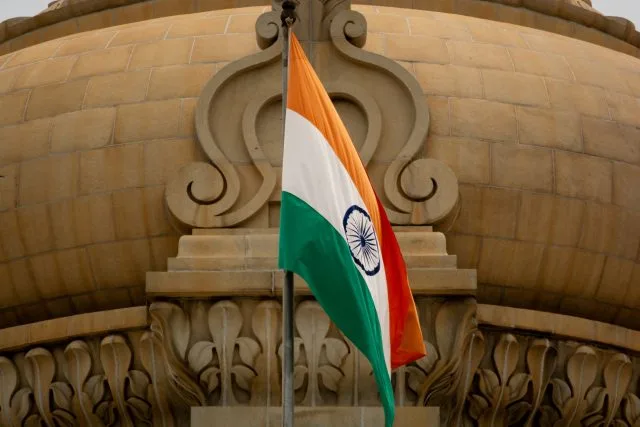We break down the complex and often confusing state liquor laws across India, from dry territories to a government organised liquor outlet lucky draw. India is known to be a diverse country and that is also the case with its liquor laws. Each state has a unique excise policy, meaning importers, producer and distributor wanting to enter the Indian market need to be wise to the different rules set by each state’s government. Certain states have their own regulation regarding bottle labels, packaging and selling price, making it impossible to approach the Indian market as a single entity. “The levels of bureaucracy are phenomenal,” says Luke Tegner, a consulting director for drinks market insights firm IWSR. “Whatever you do, you have to do on a state-by-state basis, you can’t do things nationwide, so you really need a well-connected, knowledgeable importer and distributor.” In this state-by-state guide, we break down the complex network of laws in each state, from the requirement of licenses to import, export or sell liquor, to duties payable for the sale of alcohol. Tamil Nadu To remain compliant with their liquor license, individuals must ensure their stock does not exceed the permitted amount and that all beverages are kept in their original packaging. For an alcoholic beverage to be served or sold under the license, its packaging should have the manufacturer’s name, be sealed, wired and have a cork, capsule or covered using metallic foil. While liquors within the country should specify that they were made in India,
This Article was originally published on The Drink Business - Wine




